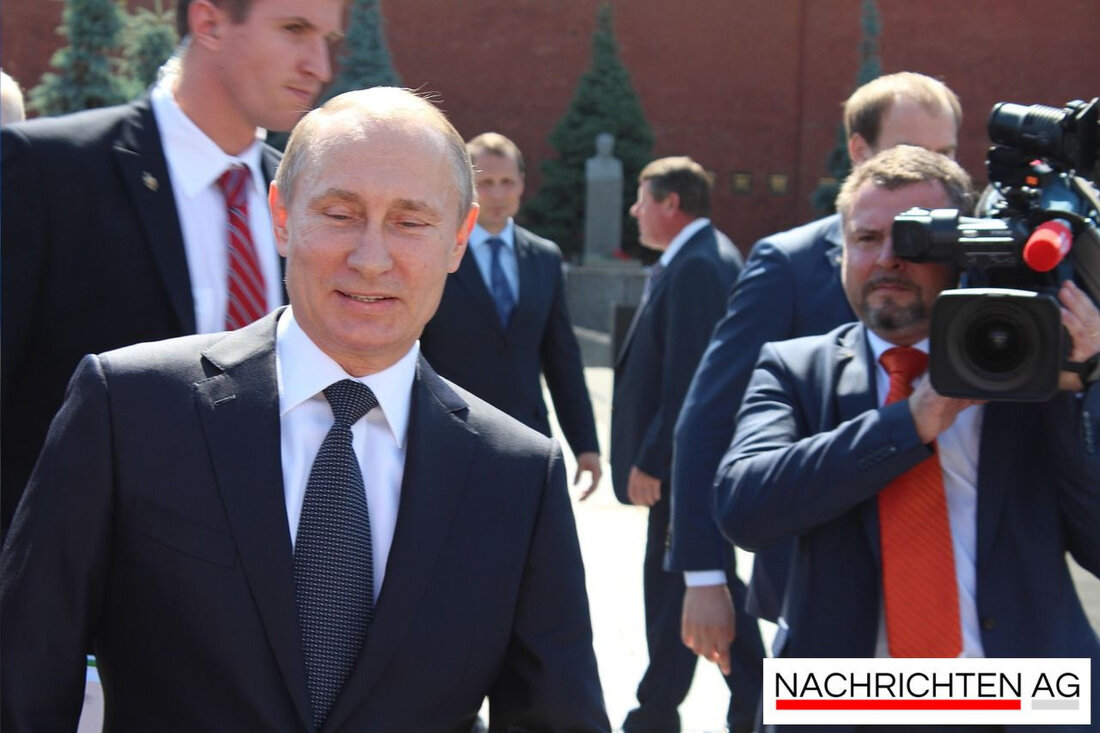EU imposes high tariffs on Russian fertilizer and food!
In Luxembourg, the EU decides to impose higher tariffs on agricultural products from Russia in order to reduce export revenue and promote food security.

EU imposes high tariffs on Russian fertilizer and food!
On June 12, 2025, at a meeting in Luxembourg, EU countries decided to introduce higher tariffs on fertilizer and food from Russia and Belarus. The justice ministers of the EU member states approved a new regulation that will come into force from July 2025. The measures affect a wide range of agricultural products, including sugar, flour, animal feed and certain fertilizers. This decision comes at a time when the EU is trying to reduce its dependence on imported agricultural products.
The new tariffs are part of a broader European Commission strategy aimed at weakening Russia's war economy and ensuring the EU maintains its food security. According to Trade Commissioner Maroš Šefčovič, the aim of these tariffs is also to promote domestic fertilizer production and promote the diversification of supplies from third countries. The European Commission reports that about 15 percent of agricultural imports from Russia in 2023 have so far remained without increased tariffs.
Details about the new tariffs
The tariffs will apply to all agricultural imports from Russia, including nitrogen-based fertilizers, about a quarter of which came from Russia last year. This measure is also intended to introduce a cap on imports to maximize the negative economic impact on Russian export revenues. The tariffs are intended to help hamper Russia's ability to continue its war of aggression against Ukraine. While the new tariffs will be extended to Russian and Belarusian agricultural products and fertilizers, agricultural and fertilizer exports from Russia to third countries will remain unaffected by these regulations.
The decision to impose these tariffs follows the EU's desire to dramatically reduce dependence on fertilizers and other agricultural products from Russia and Belarus. In fact, measures were taken last year to promote domestic production and ensure more stable agricultural supplies. Deutschlandfunk highlights that the new tariffs also serve as a key strategy to support industrial capacity within the EU while maintaining global food security.
Overall, the introduction of new tariffs on agricultural products from Russia and Belarus is a crucial step for the EU to achieve both economic and security policy goals. The regulation now needs final approval by the European Parliament and the Council to enter into force.

 Suche
Suche
 Mein Konto
Mein Konto